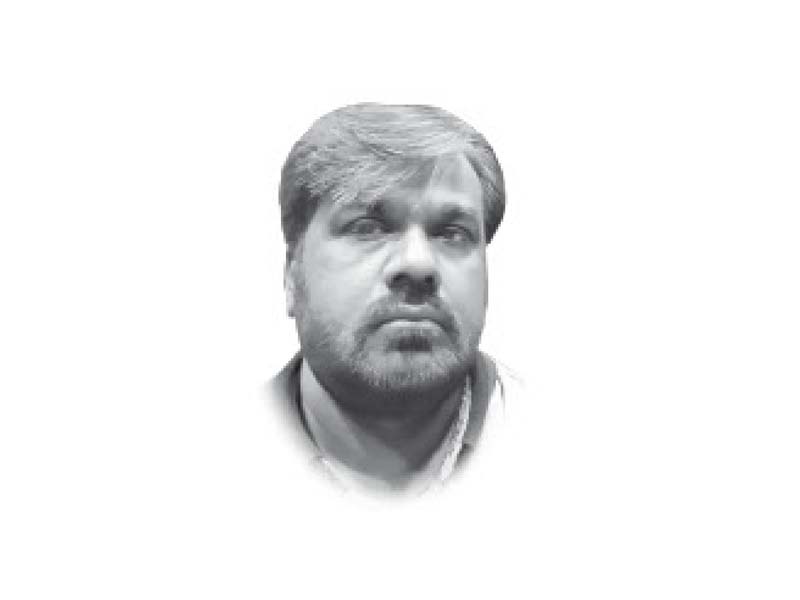
Call it frankness or naïvety or an attempt at justifying failures, Prime Minister Imran Khan has confessed to what many in the country already feared — he is too new to hold the reins of power. Nearly halfway into his tenure as Prime Minister, Khan has conceded, at an event last week, that he and his team lack experience to govern — but not before blaming every piece in his toolbox, like a bad carpenter.
Revered as a national hero and regarded as Mr Clean, Khan need not worry about convincing his army of cult followers when scapegoating “corrupt” political rivals, “non-cooperating” bureaucracy, “greedy” businessmen, and the “hostile” media for his elusive targets and unkept promises — not to mention an abstract mafia that he keeps punching off and on for “spoiling his public welfare plans and national goals”.
Khan does admit his ill-preparedness for the country’s top office — something that inadvertently brings out a charge-sheet against his own team as well as himself, and serves as a juicy full-toss to his political opponents at a time when they are out to dethrone him. For his non-performance though, Khan lays blame on the system which, according to him, denies preparation time to the incoming administration. He deplores that the first three months after assuming the PM Office were spent understanding the state of affairs in the country. Nothing short of a blooper is his disclosure of still struggling to get to grips with “deceptive” statistics concerning the power sector.
What does Khan actually want to convey? Does he expect the whole country to come to a standstill till the debutants complete an internship on political science? Does he want the whole business of governance, legislation, diplomacy, and public administration to be put on hold for the newcomers to first undergo handing over and taking over? What does he think of Pakistan — is it a training institute?
Perhaps, Khan envies American presidents who — unlike the PMs here — are given more than two months of transition time to prepare for taking up official responsibilities instead of being thrust into the system right after winning the elections. He wants the system to be tweaked such that the incoming government gets time to prepare for governance before it starts functioning formally. What he actually eyes at is a learning curve spanning a couple of months.
Unfortunately, that does not happen in a parliamentary system of government where the opposition is required to act as shadow government that mimics the structure of the actual government, in particular its cabinet, called shadow cabinet. And this is how a political party in the opposition can keep itself in a state of preparedness for a national assignment.
For an individual elected representative, attending parliamentary proceedings is itself a good learning exercise. And then there are dozens of bipartisan House committees, to be a part of and learn from. Unfortunately, Khan is still a stranger in the House. Even after becoming PM, his distaste for parliament persists. When in opposition, he would stay away from the “fake” parliament; and now when a “public-mandated” parliament is in place, his presence there is as rare.
Khan’s learning-curve excuse, meanwhile, seems inappropriate given the fact his party, and indeed his cabinet, comprises many seasoned figures who have previously served as ministers — some of them multiple times.
It appears as if the problem lies with Khan himself — his own political vision; his own way of going about the affairs of the government; in fact, his tendency to lead from the front, and that too pretty aggressively. If not all, most players in the PTI team are performing to the PM’s game-plan only. Take the pilots’ licence issue, for instance. Is the aviation minister alone responsible for the hell of a mess that continues to rot and smell? And, could the PTI government’s maiden finance minister have delayed approaching the IMF for a loan on his own? Mind you if all players of a team fail to perform, it is rather the coach who is to blame.













COMMENTS
Comments are moderated and generally will be posted if they are on-topic and not abusive.
For more information, please see our Comments FAQ